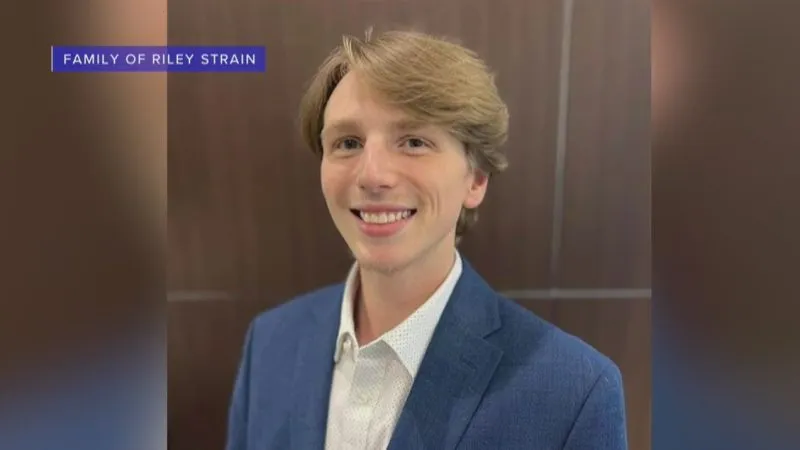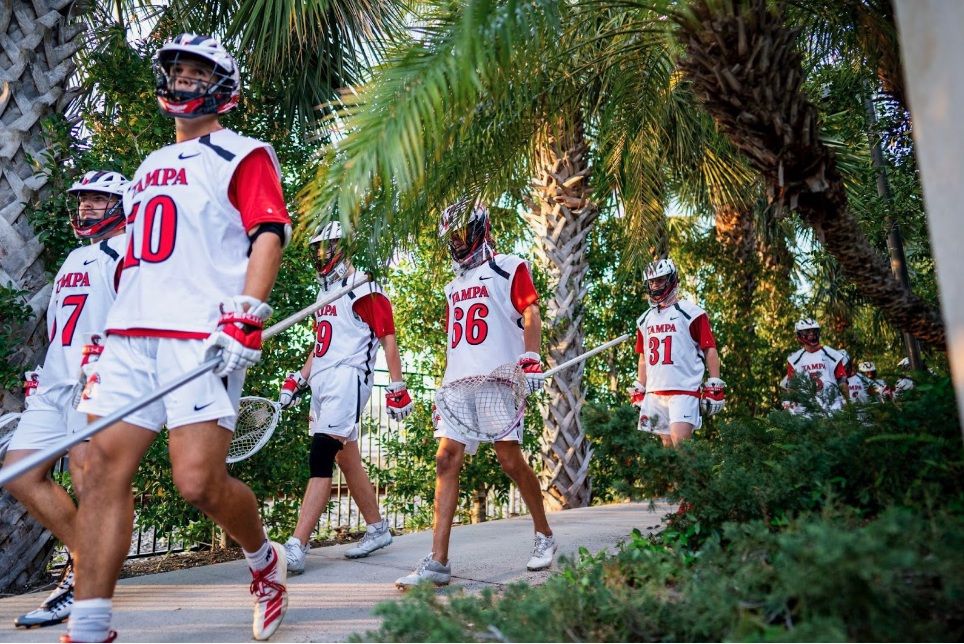By an Anonymous Writer
My brother is an addict.
Oftentimes when I tell people this they instantly regret asking what led to this answer, saying, “Oh, I’m so sorry,” or, “I shouldn’t have asked.” Others just avoid the discussion and mumble a quiet, “Ohhhh,” and move on. I’ve had these conversations for the last three years, usually with people I don’t know, and through this I’ve realized how many people have misconceptions about addiction and believe that this disease is far less complicated and common than it actually is. Which, I understand, because I had the same beliefs before it happened to my brother.
From the moment I was born, my brother and I became best friends. There’s home movies of him as a three-year-old with his long blonde hair holding me as a baby, talking about how excited he was to play with me and his Legos.
During my childhood, he was always there for me. He was always the most selfless person I knew. He protected me from bullies at school. He helped me with homework. He (tried) to teach me how to skateboard. He let me cry on his shoulder at our Grandad’s funeral when I was 10 years old.
But he, like so many others across the U.S., fell to substance abuse. In his early teens he went to an adolescent rehabilitation facility for drug and alcohol addiction. After working the program and fighting for several years, he was sober. Things seemed okay again, and he turned back into the brother I knew and loved. Then in 2017, he turned to opioids.
Since 1996, when OxyContin hit the market, opioid overdoses have increased substantially. Greedy pharmaceutical companies such as Purdue Pharma pushed for opioids to be prescribed at an alarming rate, and for things as simple as headaches and period cramps. They downplayed the risks of addiction associated with OxyContin to healthcare professionals to get an extra buck. Just 10 years after OxyContin’s initial release, Americans were being prescribed opioids at a rate of 72.4 per 100 people, according to the Centers for Disease Control and Prevention (CDC).
This initiated the opioid crisis in the U.S. The rise in opioid prescription in the 1990s and early 2000s is considered the “first wave” of the epidemic. This led to two more waves of opioid overdose increases: in 2010 with an increase in heroin overdoses and 2013 with an increase in overdoses involving synthetic opioids such as fentanyl.
My senior year of high school was when things got particularly bad. My brother got hooked on heroin and it made him the ugliest person I knew. He was gone, and no longer present in his own body. He would yell and scream at my parents and at me. He threw things and smashed doors when he was angry. He would steal money out of my mom’s and I’s purses. He had me check on him to make sure he hadn’t overdosed. He left the house one day and didn’t return for three days. Several times I watched my own brother be hauled out on a stretcher, sit in a daze in a hospital bed, and lay lifeless as he was shuffled into an ambulance after multiple overdoses.
Occasionally I would get glimpses of my brother, but then the drugs would take over again.
It completely wrecked our relationship.
For a long time, I didn’t understand how it got to this. I couldn’t fathom how this happened to him. I became obsessed with researching addiction and treatment options and how to cope with having an addict brother. I came to find out: most addicts are exactly like my brother. Opioid addicts typically don’t just go out and buy illicit drugs, it’s initiated when they get prescribed opioids. Regular people, living regular lives, who unexpectedly find themselves lost.
There are certain neurological and behavioral characteristics that can make someone more susceptible to substance abuse. For my brother, I’m sure that part of it is hereditary. My aunt struggled with drugs and alcohol early on in her life. My great uncle whom I never met fell to drugs. My grandfather was an alcoholic.
Obviously I know that one glass of wine won’t turn me into an alcoholic, but I’m sure that that’s exactly what my brother thought at first. For me it’s just not worth the risk. I’ve seen firsthand the darkest moments of an addict’s struggles. How much it can truly change a person. It makes their smile disappear, their sense of humor, their emotions, every single trait that made them who they are is gone. They’re hollow. There’s nothing to a person other than their poison when they’re struggling. And it’s heartbreaking.
Most people learn about drugs early on in school through the D.A.R.E program. But after living through the pain and trauma of seeing my brother shoot up heroin and drink 24 hours a day, the U.S. has got to get a grip on substance abuse education. The program associates drug abuse with “dangerous behaviors” like engaging in violence and gang affiliation. This had me growing up with the belief that addicts are people who are already criminals and doing bad things. They bring it upon themselves and it’s not something that would happen to people like me.
This “educational” program does not show the true weight of drug addiction and tells it with a very biased filter to give people an incredibly inaccurate understanding of the issue. Substance abuse – even discounting opioids – has impacted millions of people in the U.S. and it’s going to take a very long time for this to get much better. If the country could get a handle on educating kids and teens about the real effects of substance abuse and NOT portray it through this false light that it’s connected to gangs and violence, I believe that it could make an impact.
Everything starts at the roots. Until we can overcome this stigma associated with substance abuse and actually educate and have these uncomfortable conversations about what addiction is really like, people will continue to die, suffer, and have their lives destroyed.
My brother will be in recovery for the rest of his life. It will never go away, and it will always be something he will struggle with. Although improving current addiction treatment programs is incredibly important, we need to focus on prevention in the first place before it’s too late.




